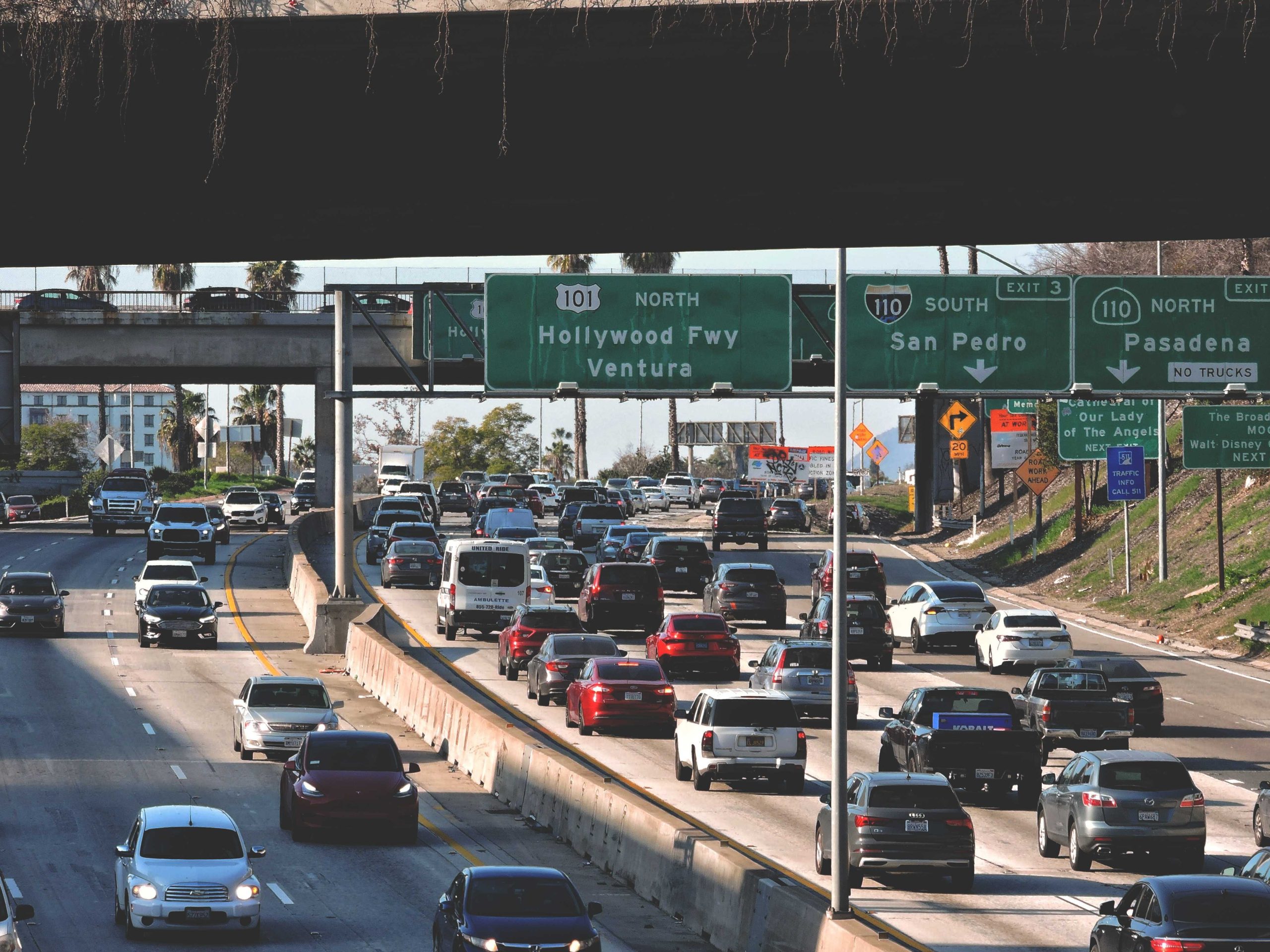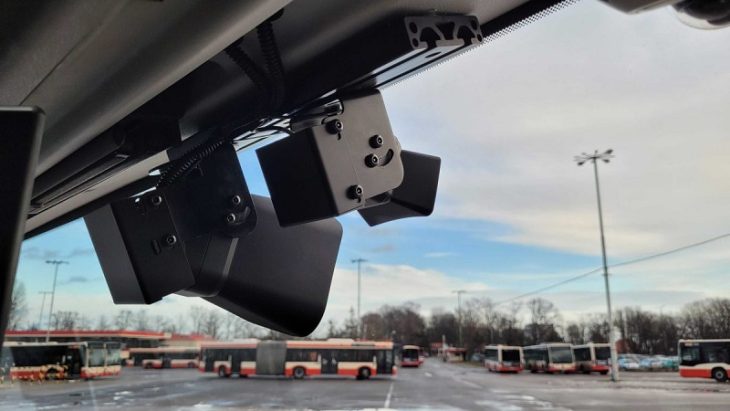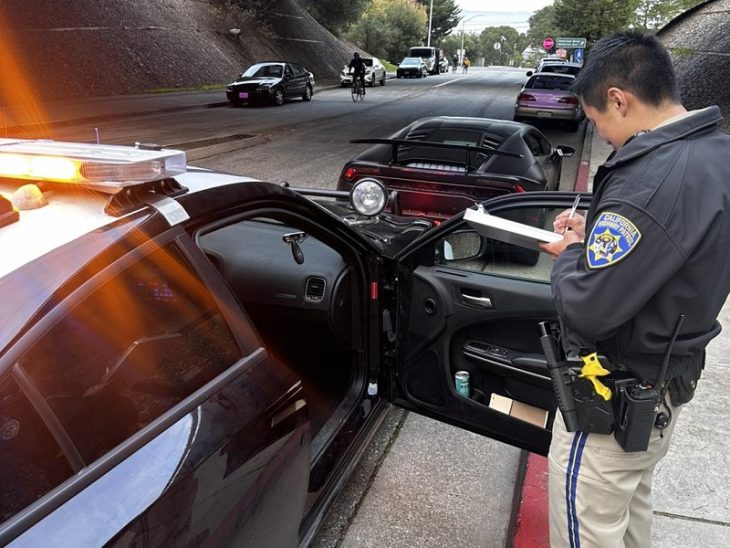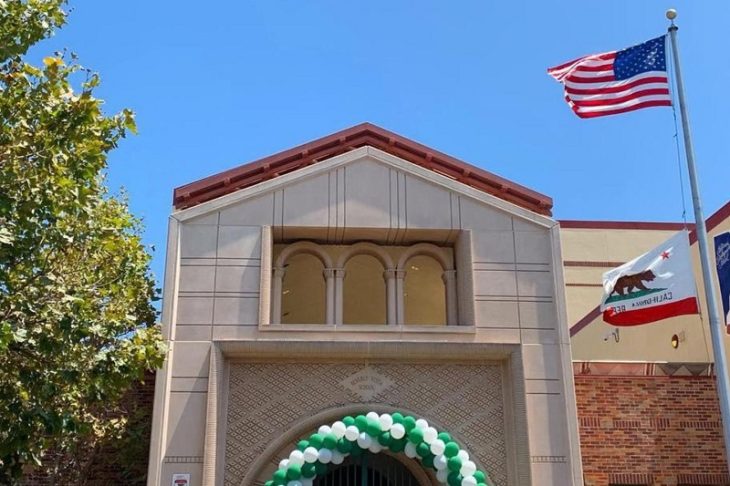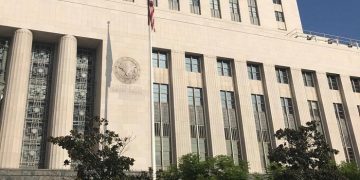Transformative research and collaboration program will tackle transportation, energy, water and ecosystems
The University of California, Los Angeles (UCLA) has launched a new initiative aimed at bringing together scholars and community stakeholders to address sustainability challenges. The program, called TRACtion (Transformative Research and Collaboration), will focus on four key topics related to sustainability: transportation, energy, water, and ecosystems.
The first two-year cycle of the program will be dedicated to Transforming Transportation in Los Angeles. This track will tackle the city’s transportation challenges by tapping into the expertise of the UCLA Institute of Transportation Studies. After completing the transportation track in 2023-24, TRACtion will move on to one of the other topics and cycle through all four by 2029-30.
TRACtion aims to foster collaboration across academic disciplines and with external partners from throughout the region during the project planning phase. The goal is to develop solutions that have a real societal impact. To achieve this, working groups comprising faculty members and representatives of community organizations will be formed after each kickoff meeting for each cycle.
“TRACtion aims to deepen UCLA’s engagement with Los Angeles, so we can collectively confront the region’s greatest sustainability challenges,” said Eric Hoek, a UCLA professor of civil and environmental engineering and director of the Sustainable LA Grand Challenge. “The intention is to be proactive and to productively engage communities and sustainability stakeholders around the region.”
In addition to workshops and speaker series, TRACtion will offer grants and research development support. The initiative is expected to result in a report with findings, policy recommendations, as well as technological and strategy solutions.
The kickoff meeting for TRACtion was held on January 26th at the UCLA campus. More than 80 participants attended including UCLA faculty members from various academic units such as schools of medicine, law, and public affairs; professors from social sciences and humanities divisions in UCLA College; representatives from community organizations such as CicLAvia; Alliance for Community Transit-Los Angeles (ACT-LA); South Los Angeles Transit Empowerment Zone (SLATE-Z); East Yard Communities for Environmental Justice.
“As a policy-engaged research center, we often work with external partners,” said Adam Millard-Ball, professor of urban planning and acting director of the UCLA Institute of Transportation Studies. “Here, we’re taking that a step further — working with partners in community-based organizations and advocacy groups to identify the research gaps and barriers to a more equitable transportation system, and then funding research to fill some of these gaps.”
According to Millard-Ball, it was essential that the effort encompassed expertise from numerous disciplines including political scientists who could illuminate how elected officials determine transportation policy; historians who could help explain how cars have come to dominate transportation discourse; artists and designers who could ensure that solutions are shared with the public in engaging ways.
“Transportation equity and sustainability are too important to be left to transportation scholars alone, and we need these sophisticated, multidisciplinary perspectives,” Millard-Ball said.
